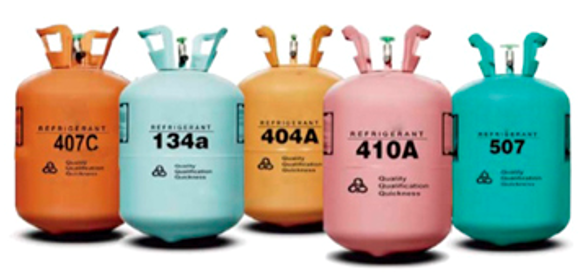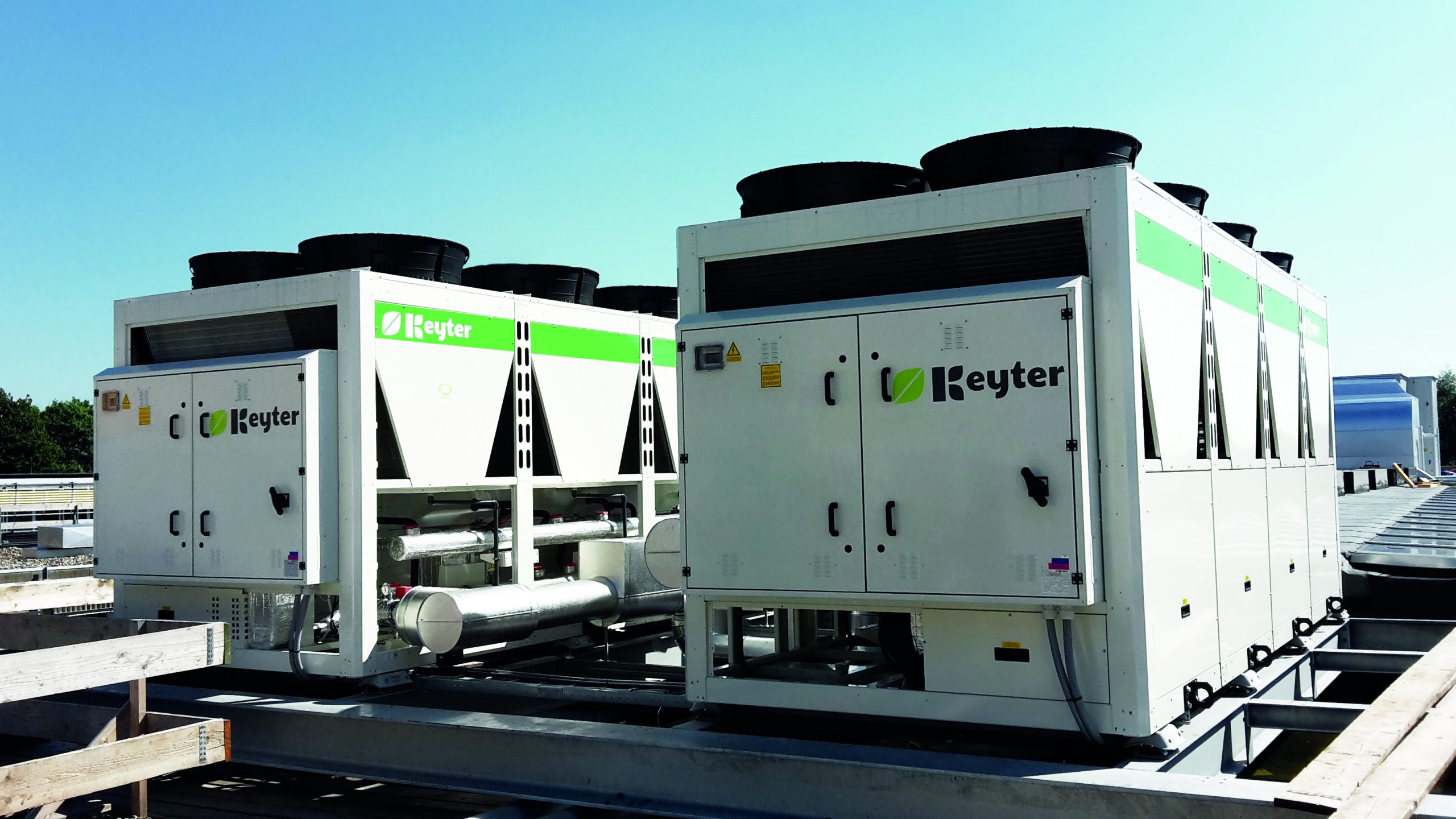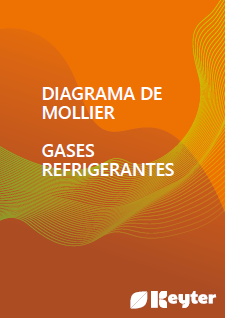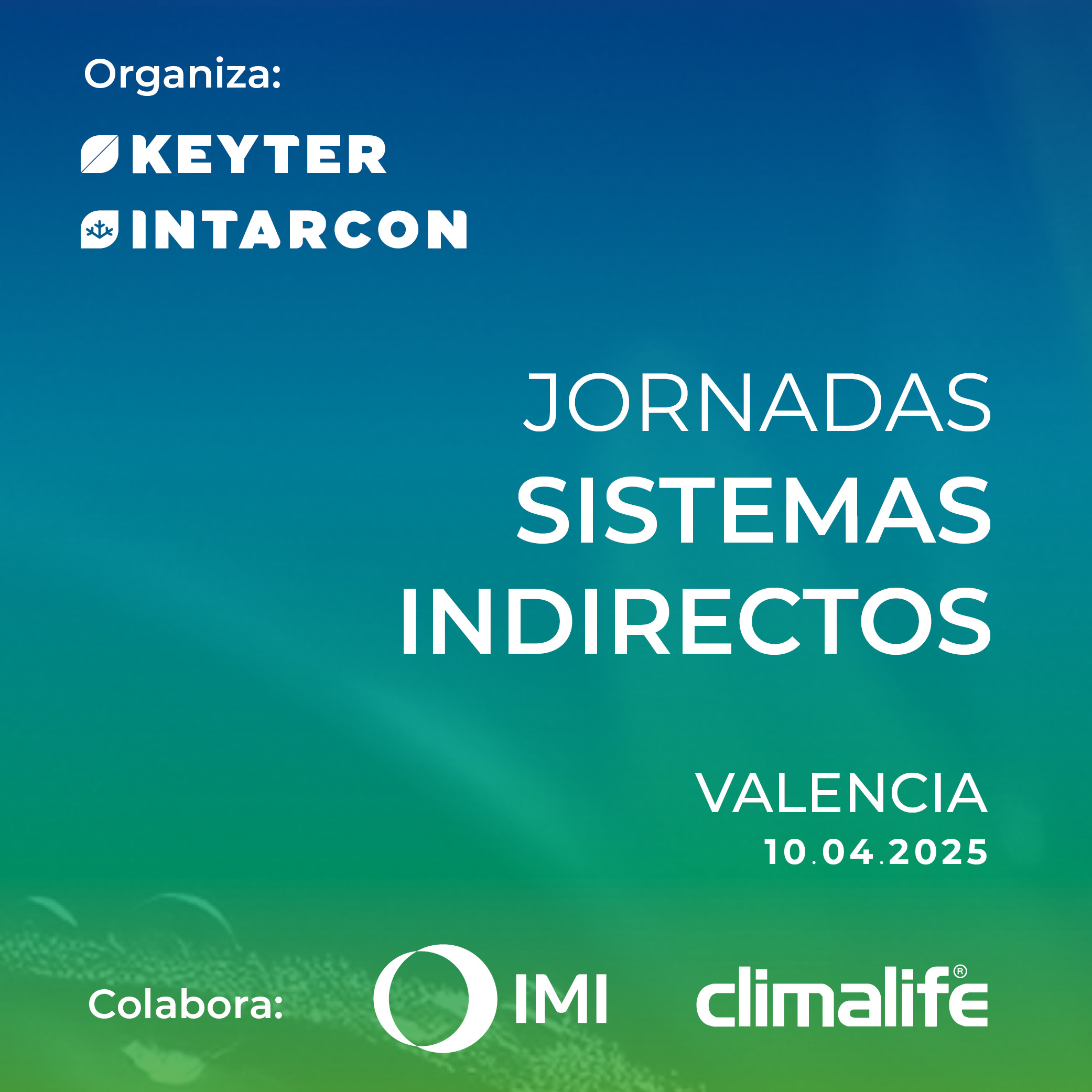Refrigerant Gases

What are refrigerant gases? This is the question that many people who work with them in their daily life may ask themselves. A refrigerant gas, according to RSIF (In Spanish: Reglamento de Seguridad de Instalaciones Frigoríficas), is a “fluid used in heat transfer which, in a refrigeration system, absorbs heat at low temperature and pressure, giving it up at higher temperature and pressure. This process generally takes place with phase changes of the fluid”.
Refrigerant gases are used to cool or heat certain areas of cooling or heating systems., such as air conditioners or freezers, due to thermodynamic phenomena that allow them to change from the gas phase to the liquid phase and vice versa.

Talking about refrigerant gases brings us to the refrigeration cycle in which refrigerant gases act to maintain or reduce the temperature of their surroundings by extracting their heat and transferring it to the outside environment.. The work involved in this cycle is quite complex, but with the use of refrigerant gases it is much simpler. This is achieved by continuously changing our refrigerant gas from one state and condition to another. Each of the changes to which the refrigerant is subjected are known as processes.
The bans and uses of refrigerant gases are determined by the GWP (Global Warming Potential) of each one. This parameter measures the global warming potential produced by one kilogram of any substance emitted into the atmosphere, in relation to the effect produced by one kilogram of carbon dioxide, CO2, taken as a reference, over a given integration time.

From this year, all refrigerant gases above 150 GWP cannot be used in any refrigeration or freezing equipment, neither in the commercial sector nor in compact multi-compressor refrigeration plants with a capacity of more than 40 kW.
In our book about Refrigerant Gases and Mollier Diagram you can find the classification, nomenclature and properties of refrigerants for further information about these.
More articles
Interested in other (technical) knowledge articles? Keep yourself up to date and read them all



